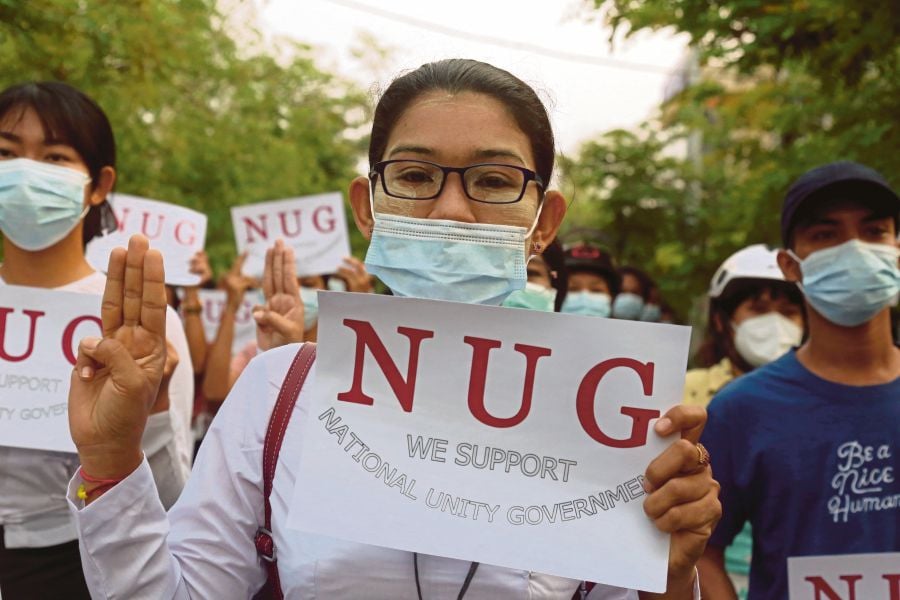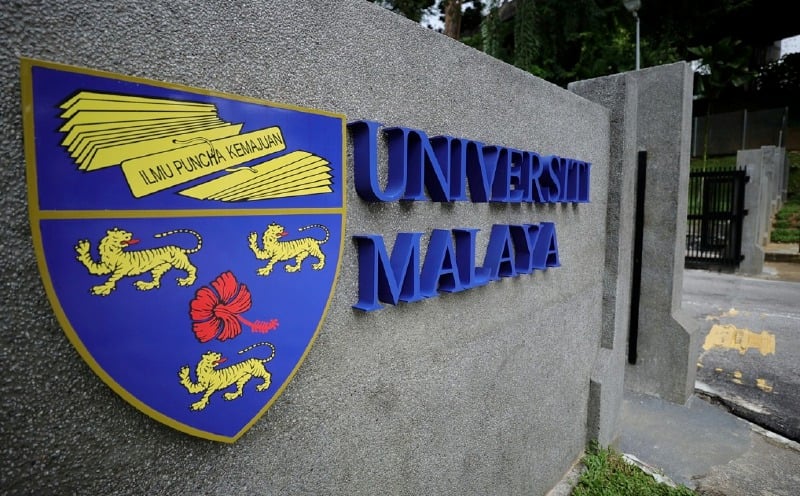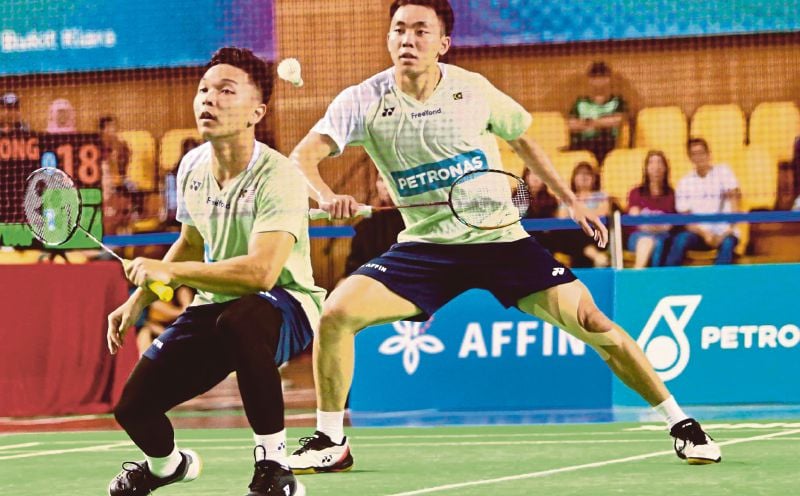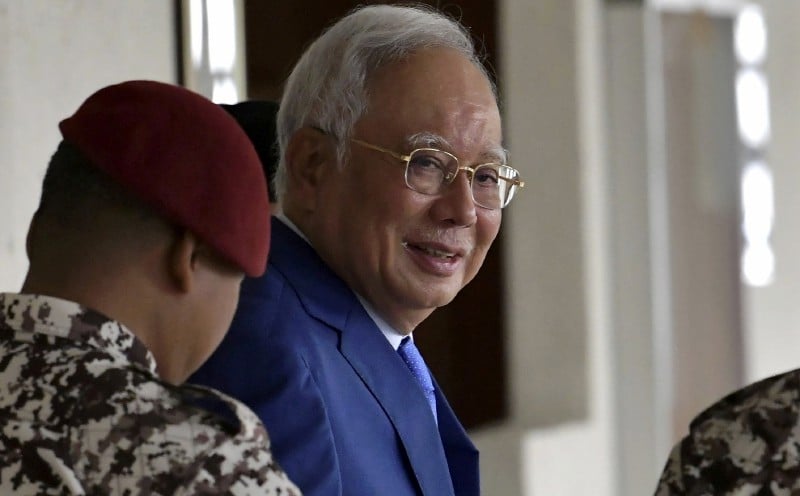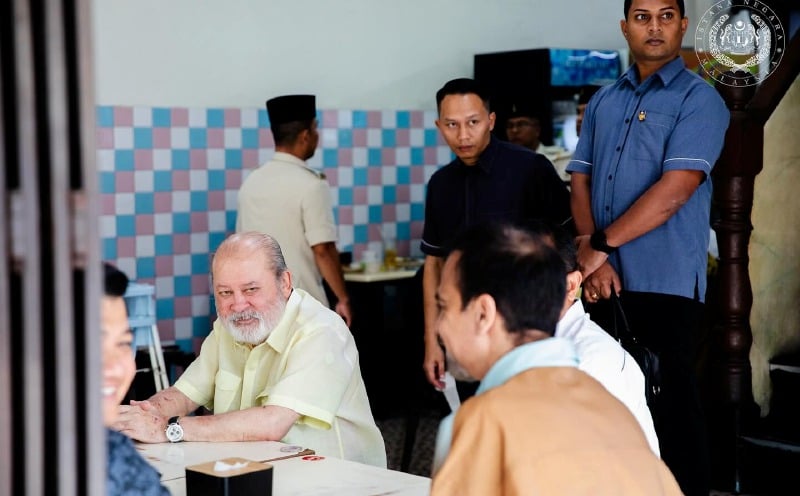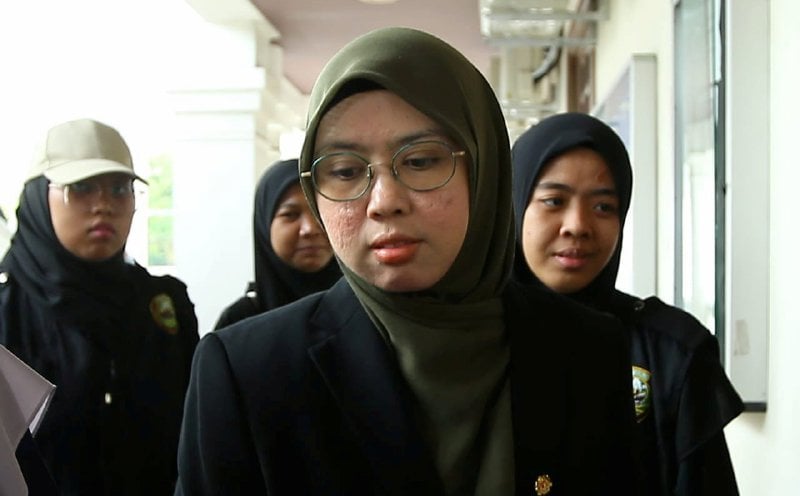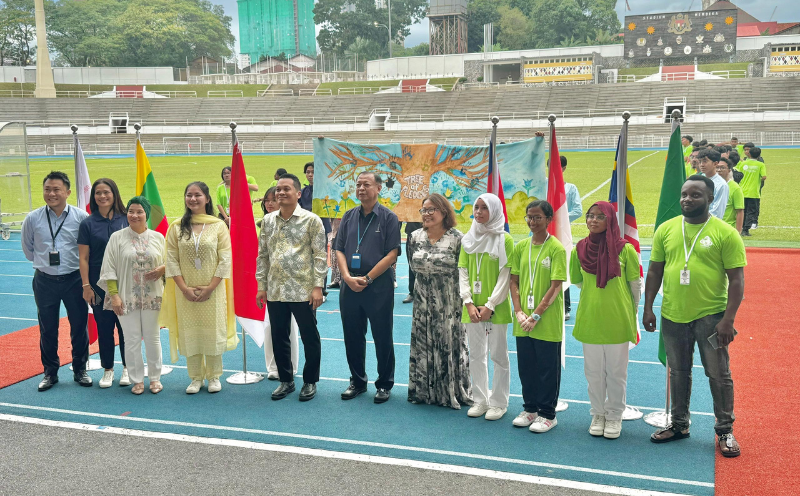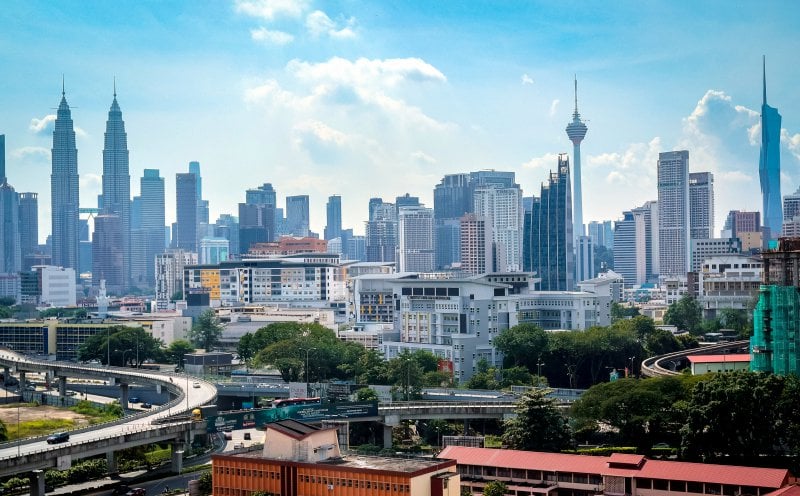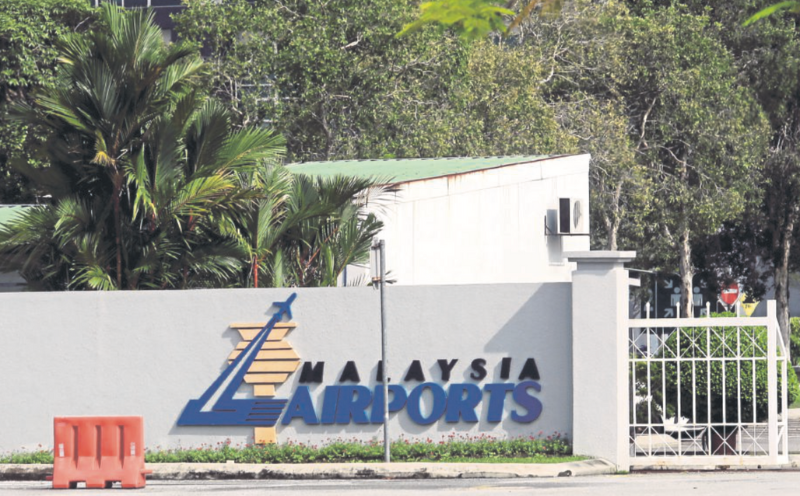Myanmar is on the brink of civil war. Civilians from different walks of life, different ethnic and religious backgrounds have united in protest against the military's brutal crackdown since its took power in early February.
With the junta not willing to negotiate for peace, ethnic armies preparing to take revenge against the Tatmadaw and civilians refusing to leave the streets until their democracy is restored, prospects for the near future look increasingly bleak.
Tragically, there is a sinking feeling the international community will do little other than issue words of condemnation to the military, known as the Tatmadaw.
This is not the first time the world's leaders have turned their backs on Myanmar's people. In the 2007 Saffron Revolution, the Tatmadaw slaughtered innocents and sent hundreds to Myanmar's gulags. Beginning in 2017, the Tatmadaw committed widespread human rights abuses against the Rohingya in Rakhine State, carrying out horrific acts of extrajudicial killings, gang rapes, arson and infanticide.
Yet even with nearly one million Rohingya fleeing to other countries and tens of thousands dead — clearly an act of genocide — the Tatmadaw leadership until this day remains unpunished.
Now that the entire population is under threat from the Tatmadaw, one must hope that organisations like the United Nations and Asean will take swift and concrete measures to contain the violence and avert a bloodbath.
Unfortunately, Russia and China have let it be known they will use their veto powers in the UN Security Council to block any move to enact punitive measures against the Tatmadaw, such as an arms embargo and economic sanctions.
Now, the matter lies in the hands of Asean during this week's emergency summit on Myanmar in Jakarta. But what can Asean really accomplish? Thailand, Vietnam, Laos and Cambodia, all ruled by authoritarian regimes, are unlikely to agree to collective sanctions.
On the other hand, Singapore, Indonesia and Malaysia realise that Asean's reputation is on the line and therefore would be more likely to support measures that are more than a slap on the wrist.
Asean's principles of consensus and non-interference normally restricts it from meddling in the domestic affairs of member nations, but the crisis in Myanmar is an extraordinary one that requires member states not to do business as usual.
Junta chief Min Aung Hlaing, who will attend the Asean meeting, should not be allowed to use the summit as a platform to justify the Tatmadaw's criminal behaviour. Asean's voice should be loud and to the point — the Tatmadaw's claim that Aung San Suu Kyi's National League for Democracy committed electoral fraud is no justification for the coup d'état.
Neither does it provide an excuse for the systematic, widescale acts of violence committed by the Tatmadaw, which are essentially crimes against humanity. The
region's diplomats and politicians should not worry about being blunt.
The junta's leaders, Hlaing included, should be reminded that their acts of violence are not only a domestic affair. Their actions have grave regional repercussions. Their slaughter of the Rohingya, for example, set off a refugee crisis across the region.
If left unchecked, the current conflict can spark an even larger refugee and humanitarian crisis across Asean. If the Tatmadaw is not willing to work towards a path to restore peace, then Asean should try to find ways to make it more difficult for the Tatmadaw to kill.
For various reasons, Asean may not be willing to act collectively, but member states that are willing to act individually should use the summit as an opportunity to discuss how they can coordinate their actions outside of Asean.
The United States and European Union have already imposed economic sanctions on the Tatmadaw's senior ranks and their businesses. If the Tatmadaw rejects calls for a peaceful resolution, then individual Asean members should follow the lead of Washington and Brussels with a combination of arms embargoes, trade embargoes and freezing the assets of Tatmadaw individuals or companies being held in Asean member nations' domestic banks.
These sanctions should be designed to inflict the maximum economic damage possible. It might not convince the Tatmadaw to return to the barracks, but it would certainly have the cumulative effect of making it more difficult for the Tatmadaw to buy the weapons it needs to kill people.
Finally, Asean should not only voice its condemnation of the Tatmadaw. It should also berate China and Russia for not willing to let the UN Security Council impose international sanctions on Myanmar's murderous generals.
Beijing and Moscow should be reminded that for every weapon still being sold, for every bullet the Tatmadaw can get its hands on, another innocent civilian stands to be killed or wounded.
The writer is former coordinating minister of maritime affairs for the Republic of Indonesia


